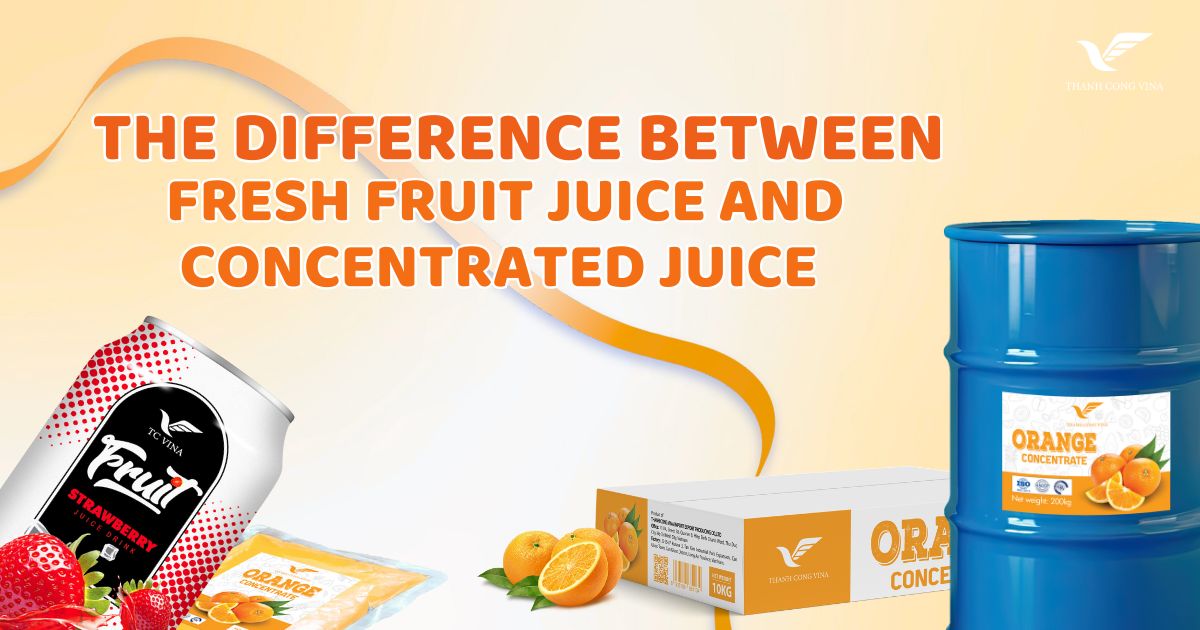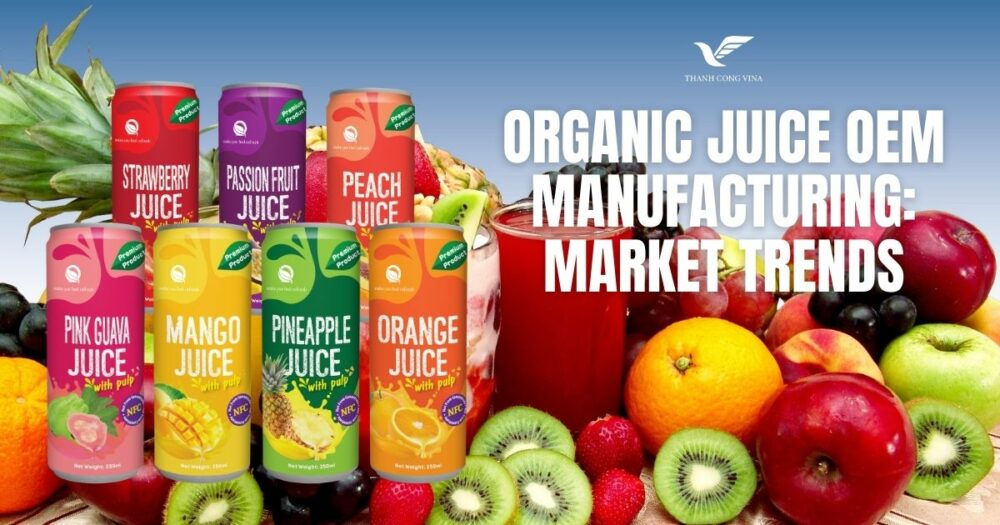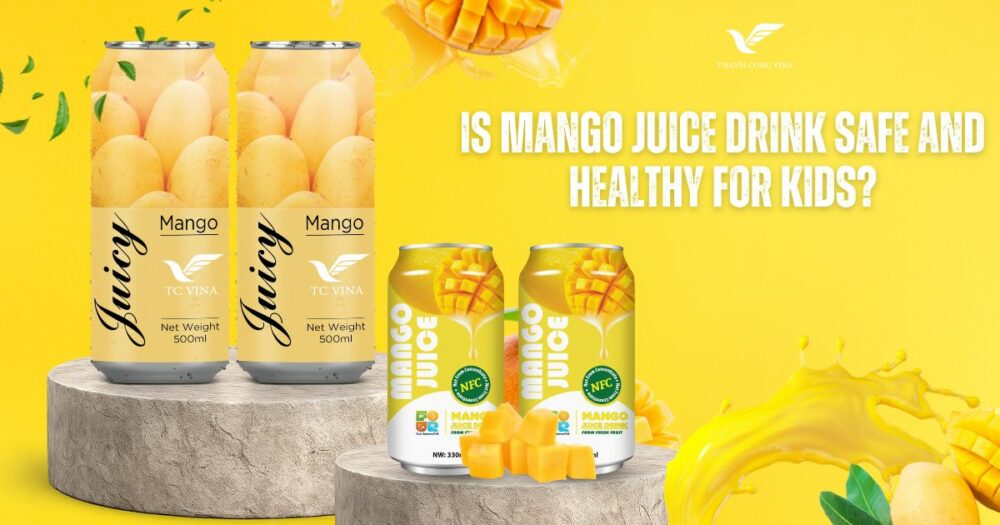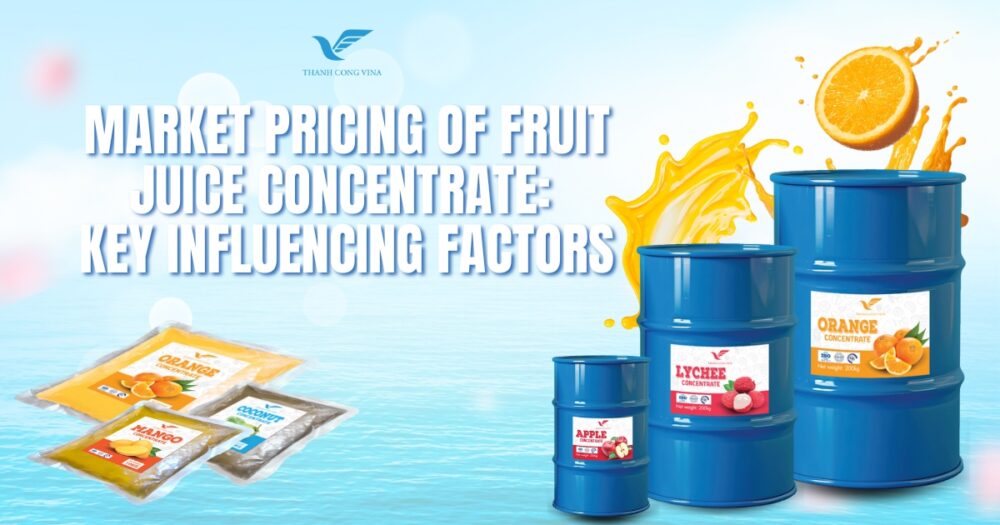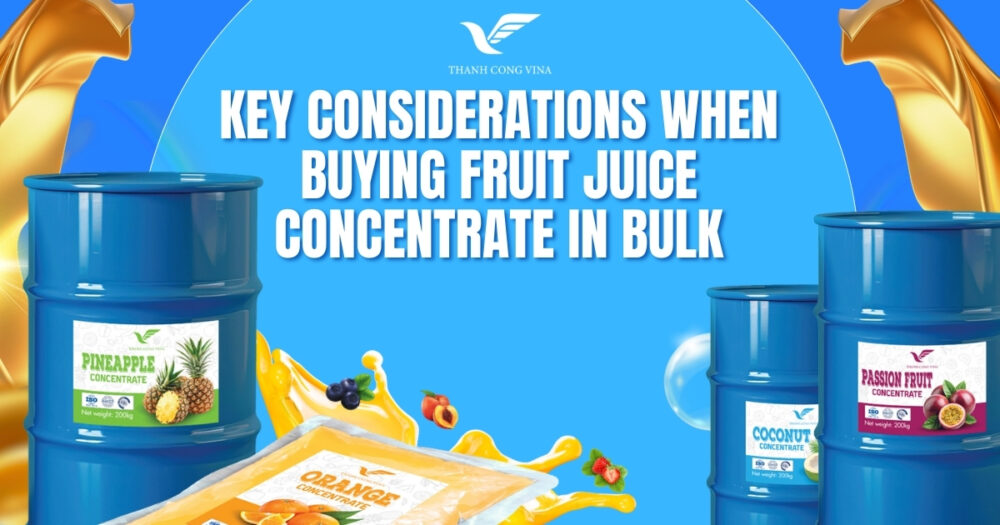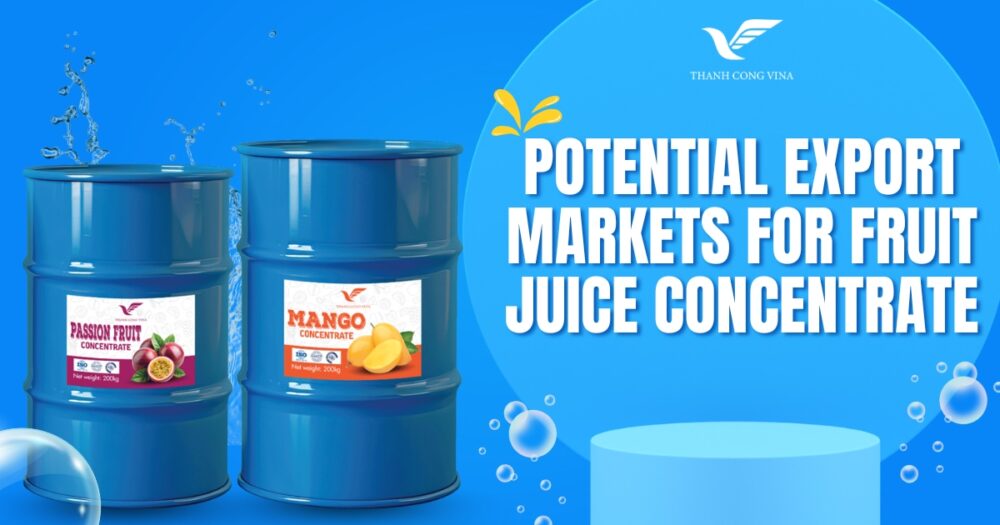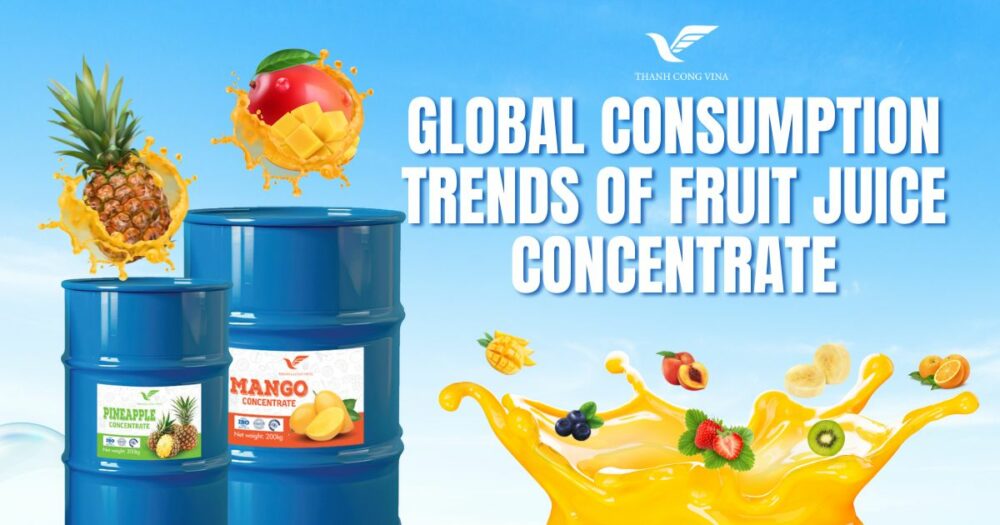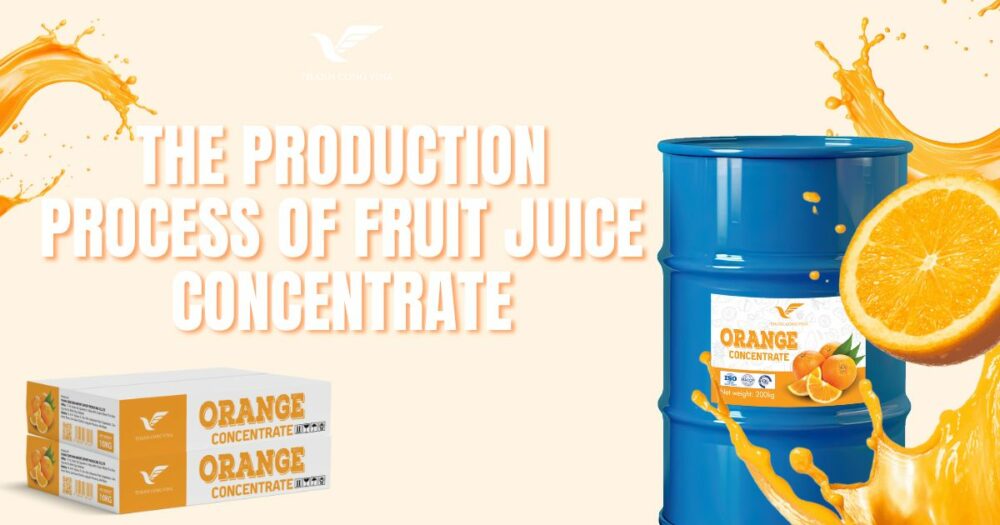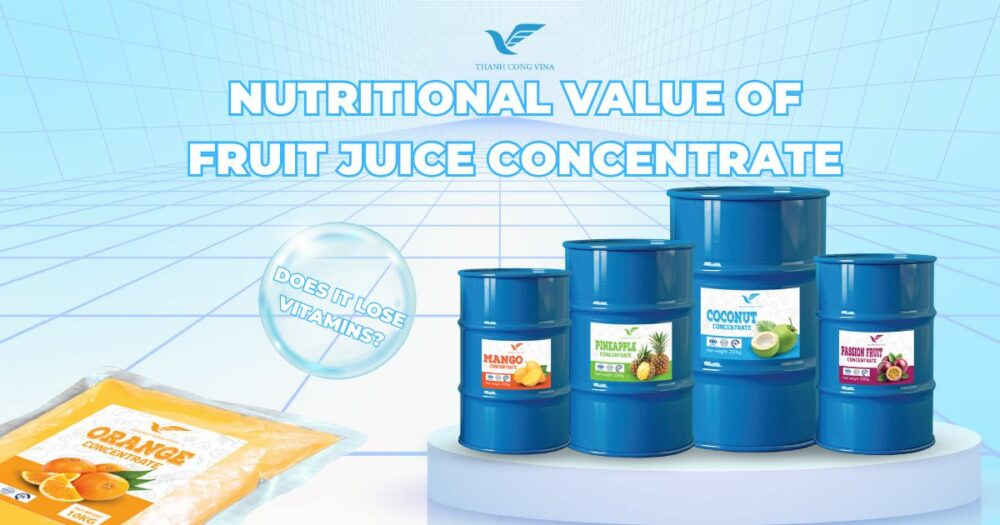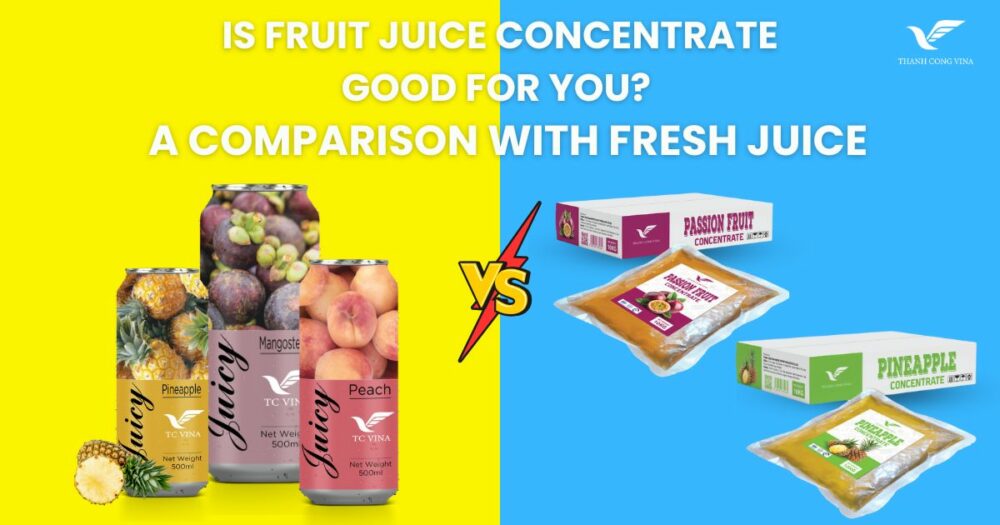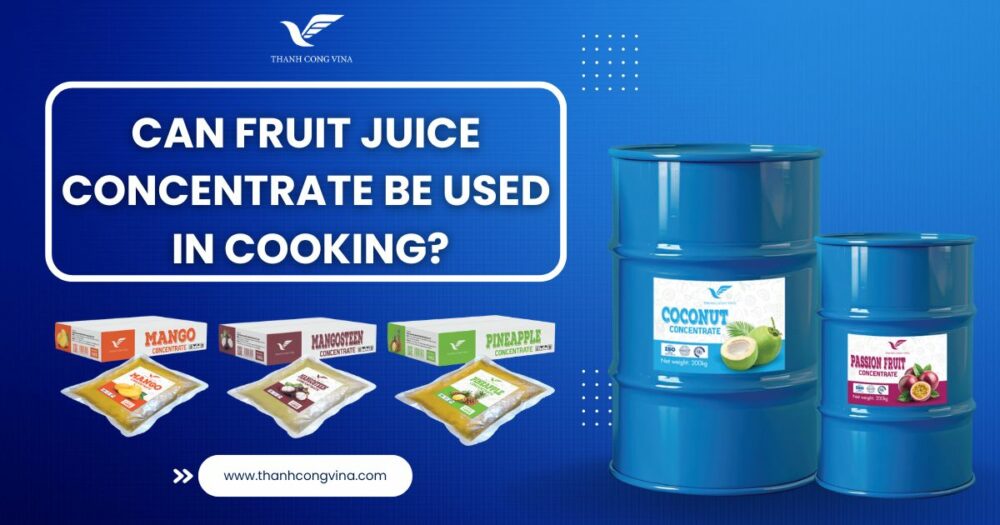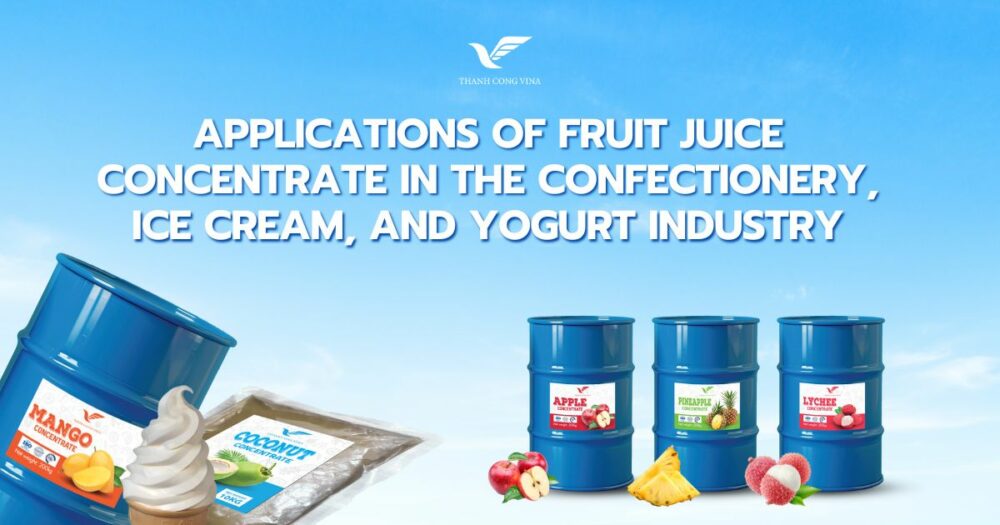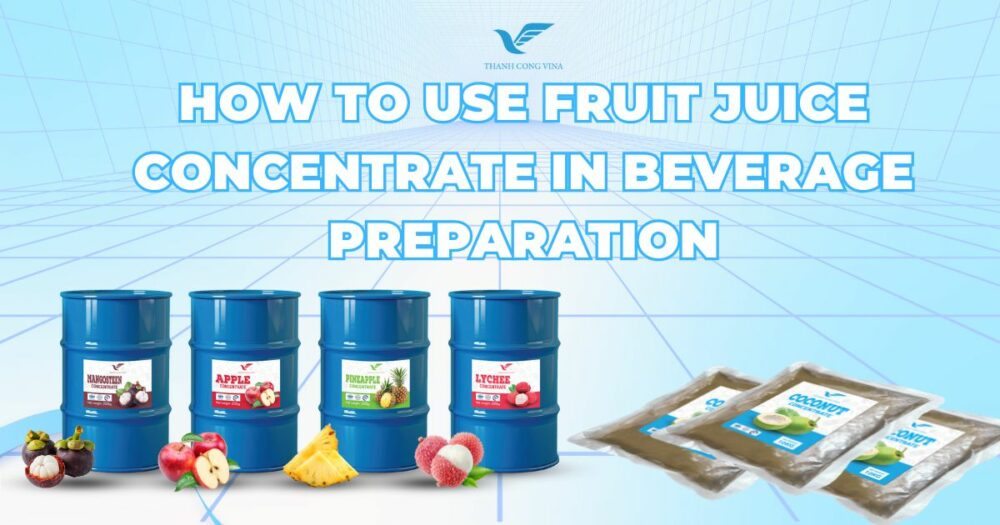Fruit juice is a popular beverage worldwide, enjoyed for its refreshing taste and nutritional benefits. However, not all fruit juices are the same. The two main types available in the market are fresh fruit juice and concentrated juice. While both provide essential vitamins and minerals, there are significant differences in processing, taste, nutrition, and shelf life. Understanding these differences can help consumers make informed choices. In this article, we will explore the characteristics of fresh fruit juice and concentrated juice, their benefits and drawbacks, and which option might be the best for different needs.
1. What is Fresh Fruit Juice?
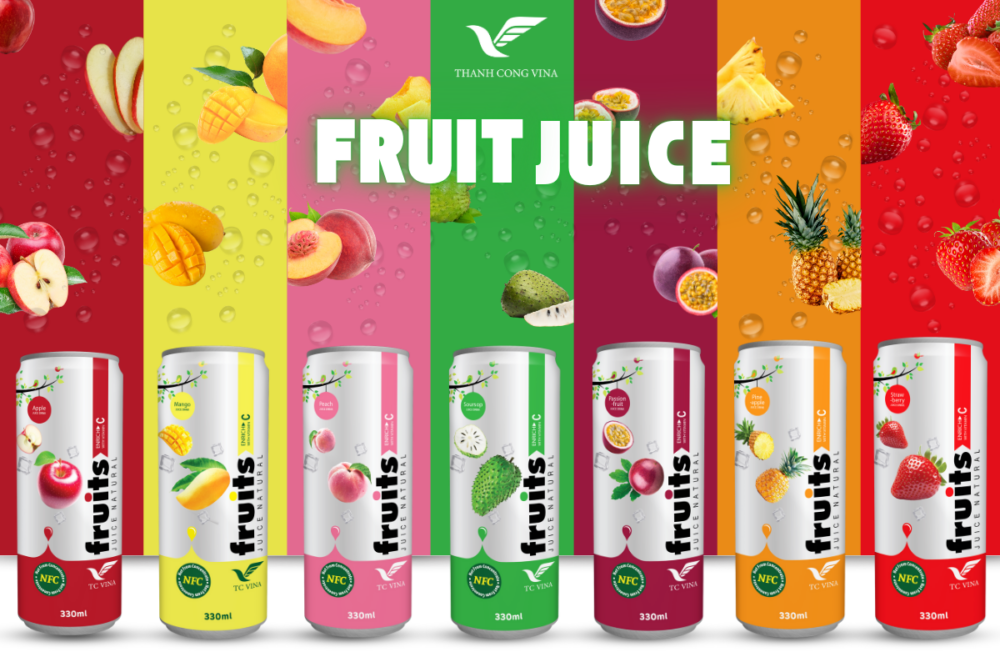
What is Fresh Fruit Juice?
Fresh fruit juice is made by extracting liquid directly from fruits without undergoing extensive processing. It is often consumed immediately or stored for a short time to retain its natural flavor and nutrients.
Characteristics of Fresh Fruit Juice:
- Minimal processing – Extracted directly from fresh fruits.
- No additives – Typically contains no added sugars, preservatives, or artificial flavors.
- Rich in natural nutrients – High in vitamins, minerals, and antioxidants.
- Short shelf life – Must be consumed within a few days.
- Requires refrigeration – Needs cold storage to maintain freshness.
Benefits of Fresh Fruit Juice:
- High Nutritional Value: Freshly squeezed juice retains most of the original fruit’s nutrients, including vitamin C, fiber, and enzymes.
- Better Taste and Aroma: It has a natural taste and smell compared to processed juices.
- No Added Sugars or Preservatives: It provides pure fruit content without artificial ingredients.
- Supports a Healthy Lifestyle: Fresh juice is often associated with detox diets, boosting immunity, and improving digestion.
Drawbacks of Fresh Fruit Juice:
- Short Shelf Life: Fresh juice spoils quickly and must be consumed within a few days.
- Requires Time and Effort: Making fresh juice at home requires preparation, juicing, and cleaning.
- Not Always Available: Seasonal limitations may affect fruit availability.
2. What is Concentrated Juice?
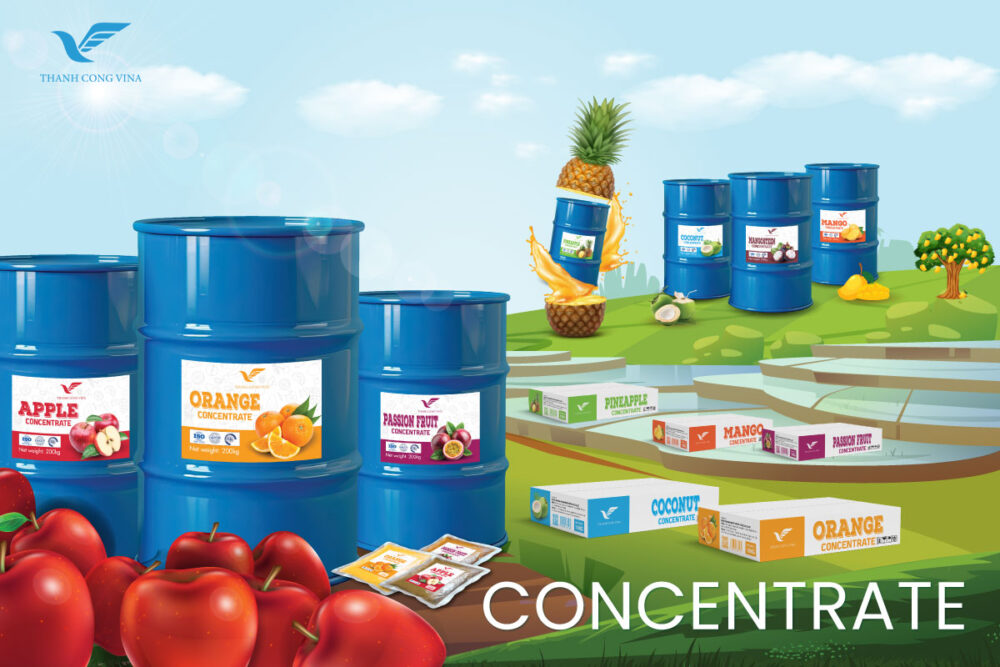
What is Concentrated Juice?
Concentrated juice is produced by removing most of the water content from freshly extracted juice through evaporation or freezing techniques. This results in a thick, syrup-like concentrate that can be reconstituted with water before consumption.
Characteristics of Concentrated Juice:
- Processing involved – Water is removed to create a concentrated form.
- Longer shelf life – Can be stored for months or even years.
- Reconstitution required – Needs to be mixed with water before drinking.
- May contain additives – Some varieties include preservatives, flavors, or sweeteners.
Benefits of Concentrated Juice:
- Extended Shelf Life: Concentrated juice lasts significantly longer than fresh juice, making it more convenient for storage and transportation.
- Cost-Effective: It is often more affordable and economical to produce and distribute.
- Easy to Store and Transport: The removal of water makes it lighter and easier to package.
- Available Year-Round: Unlike fresh fruit juice, concentrated juice is not affected by seasonal changes.
Drawbacks of Concentrated Juice:
- Lower Nutritional Value: The heating process during concentration can reduce vitamin content, especially vitamin C.
- Possible Additives: Some brands add artificial sweeteners, flavors, and preservatives, which may not be ideal for health-conscious consumers.
- Taste Differences: Reconstituted juice may lack the fresh, natural flavor of freshly squeezed juice.
3. Processing Differences Between Fresh Juice and Concentrated Juice
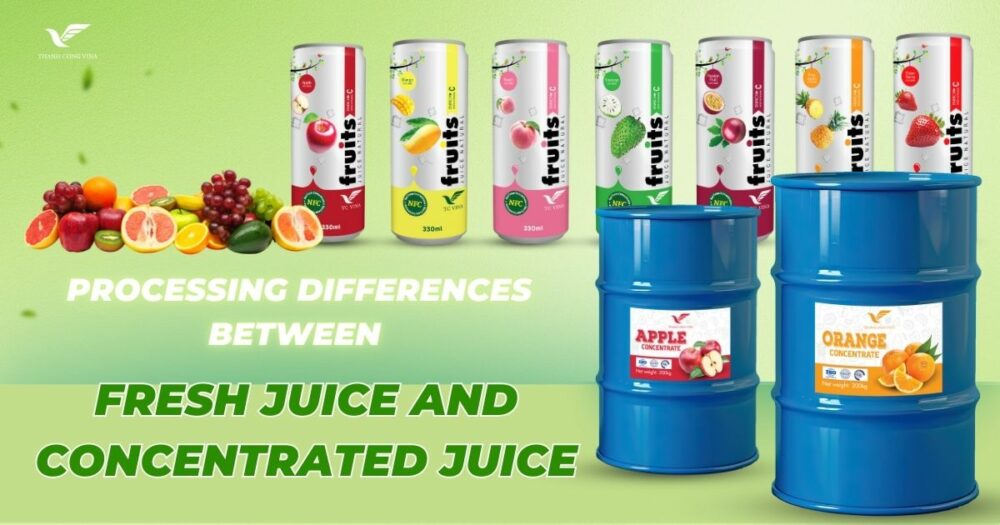
Processing Differences Between Fresh Juice and Concentrated Juice
The way fresh fruit juice and concentrated juice are processed significantly impacts their taste, nutrition, and shelf life.
Fresh Fruit Juice Processing:
- Fruit Selection: Fresh, ripe fruits are carefully selected.
- Juicing: The juice is extracted using mechanical pressing or cold-pressed techniques.
- Filtration: Some juices are filtered to remove pulp and fibers.
- Bottling & Storage: Juice is stored in bottles or cartons and kept refrigerated to maintain freshness.
Concentrated Juice Processing:
- Juice Extraction: Fresh juice is extracted from fruits.
- Water Removal: The juice undergoes evaporation or freezing to remove water content.
- Pasteurization: The concentrate is heated to kill bacteria and extend shelf life.
- Storage and Packaging: The concentrate is packaged and can be stored at room temperature until reconstituted.
4. Nutritional Differences Between Fresh Juice and Concentrated Juice
The nutritional value of juice depends on the processing method and whether additives are included.
| Nutrient | Fresh Fruit Juice | Concentrated Juice |
|---|---|---|
| Vitamin C | High | Lower due to heat processing |
| Fiber | Present in pulpy juice | Often removed |
| Antioxidants | High | May be reduced |
| Sugar Content | Natural fruit sugars | May have added sugars |
| Preservatives | None | May contain preservatives |
5. Which Juice is Better?
Choosing between fresh fruit juice and concentrated juice depends on individual needs and preferences.
Fresh Juice is Better If:
- You prioritize natural taste and nutrition.
- You want no added sugars or preservatives.
- You have time to prepare juice at home.
- You prefer organic and raw food options.
Concentrated Juice is Better If:
- You need a longer shelf life and convenience.
- You want a cost-effective alternative.
- You are looking for a portable and storable juice option.
- You don’t mind reconstituting the juice with water.
6. How to Choose the Best Juice for Your Needs
When buying juice, consider the following factors:
- Read Labels Carefully: Check for added sugars, preservatives, and artificial flavors.
- Look for 100% Juice: Some products contain only a small percentage of real juice.
- Consider Pasteurization: Pasteurized juice is safer but may have slightly reduced nutrients.
- Choose Organic if Possible: Organic juices have fewer pesticides and chemicals.
- Balance with a Healthy Diet: Juice should complement a balanced diet, not replace whole fruits.
Conclusion
Both fresh fruit juice and concentrated juice have their advantages and disadvantages. Fresh juice offers superior taste and nutritional benefits but has a short shelf life. Concentrated juice, on the other hand, is more convenient and economical but may contain added sugars and preservatives. Consumers should choose based on their health goals, lifestyle, and dietary preferences. For high-quality fruit juices, Thanh Cong Vina provides fresh and concentrated juice options made from premium fruits, ensuring both taste and nutrition.
See more: Dried Fruits: Benefits and Applications in Daily Life

